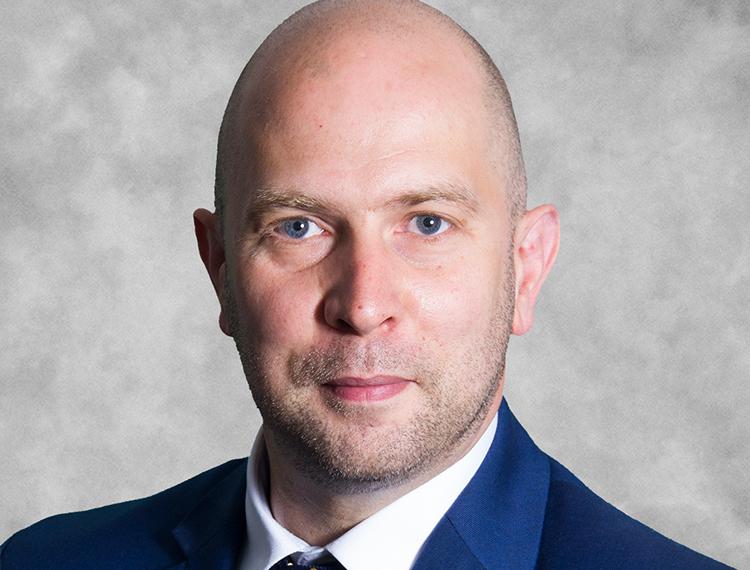One in four graduates now regret having gone to university

Qube Learning have carried out research on what people most regret about doing a degree and have revealed that an unbelievable one in four graduates regret going to university. Results also showed that recent graduates are in over £18,000 of debt after a three-year course and stuck in an underpaid job unrelated to their degree!
Now that the Apprenticeship Levy has taken effect, earlier this year, higher education has been a consistently topical subject for many individuals and businesses,
The survey found the most common reasons to rue time spent in further education are paying too much for their degree, wasting their time and making bad choices such as not choosing subject or institution more carefully.
The study of 2,000 graduates also revealed nearly half work in a job where they could have reached the same level through a trainee or apprenticeship scheme.
And although an overwhelming 93 per cent said they enjoyed their experience of freedom away from their parents, nearly half agree their current job is in no way related to their degree.
Recent graduates are in over £18,000 of debt after a three-year course and stuck in an underpaid job unrelated to their degree.
Joe Crossley, Business Development Director, of Qube Learning who commissioned the study, said: “It’s natural for a lot of graduates to finish their degrees expecting to jump on the career ladder almost immediately, but this is often far from the truth.
“Many students feel the pressure to achieve a high grade otherwise they feel they risk being unemployable but when they finally secure a job, their qualification becomes redundant.
“It’s also surprising how few undergraduates are advised on alternative routes to university studies. With the amount of debt now accompanying higher education, other options, like Apprenticeships, need to be made more clearly available to people looking to pursue a chosen career.”
More than four in five agree there is an emphasis on achieving either a 2:1 or first classification with a third admitting they don’t even get asked about their degree in job interviews.
The research found just a fifth were made aware of apprenticeships as an option in place of undergraduate university studies following A Levels, with less than five per cent told about distant or online learning.
One quarter graduated without any qualifications useful to their career, with just under half admitting they could be where they are now without a degree.
The study found a list of degrees that Brits think are a ‘waste of time’ with Fashion, Drama and Media Studies appearing in the top ten.
Nearly two thirds of respondents who graduated with qualifications considered ‘pointless’ admitted their degree didn’t help them to secure their current job.
It was also revealed the university degrees that the nation believe to be the most useful, with 88 per cent agreeing a degree in Medicine beats a degree in Law or Engineering.
However, just under half of those who have studied a degree in Medicine said they could have gotten the same job through an apprenticeship scheme or something similar.
One in five said because of their studies they are now behind either those who did apprenticeships or those who went straight into work.
Two in five said they feel they are underpaid in their current job despite having a degree with less than one in ten using skills developed during their degree on a weekly basis.
One in ten have since changed careers since graduating and are now investing their time in new qualifications.
One in five admits to working in an unpaid role in order to get their current job with more than one in ten never using skills developed during their degree.
Half of respondents said time management was one of their most treasured takeaways from their experience compared to 29 per cent whose most valuable skills were the ones bespoke to their chosen career.
If given the option to go back and do it all again, nearly one quarter of grads would go down an alternative route to university studies such as an apprenticeship, online qualification or learning a trade.
Over half agree their university experience did more for their social life than their education, with nearly one in five leaving university having met their partner.
A sixth of graduates admitted to wasting their time at university and a further one third of respondents said the ability to make new friends was a key skill gained from their experience.
Joe Crossley, from Qube Learning continued: “It’s imperative that people from as young as 16 years old should be made aware of the educational choices that are out there for them. It does not have to be a traditional path of A-Levels and University, there is a huge amount of scope for individuals to learn a trade, through Traineeships and Apprenticeships, whilst being educated at the same time.”
TOP TEN MOST ‘POINTLESS’ DEGREES ACCORDING TO RESEARCH CONDUCTED BY QUBE LEARNING
- Acting
- Outdoor adventure and environment
- Office skills
- Film studies
- Dance / choreography
- Drama studies
- Celtic and Anglo Saxon Studies
- Fashion merchandising
- Media studies
- Religious Studies
 With over sixteen years’ experience in the education sector, Qube Learning are an Ofsted grade 2 training provider that specialises in vocational courses, short courses and e-learning. They pride themselves on working with recognisable brands, from Hitachi Consumer Finance to Halfords, they deliver a range of training and qualifications to various industries across the UK.
With over sixteen years’ experience in the education sector, Qube Learning are an Ofsted grade 2 training provider that specialises in vocational courses, short courses and e-learning. They pride themselves on working with recognisable brands, from Hitachi Consumer Finance to Halfords, they deliver a range of training and qualifications to various industries across the UK.
Awarded numerous contracts by the Education Skills Funding Agency, the government provider of skills training for further education, they provide programmes which are focused on employed positions and therefore take place within a work environment.












Responses